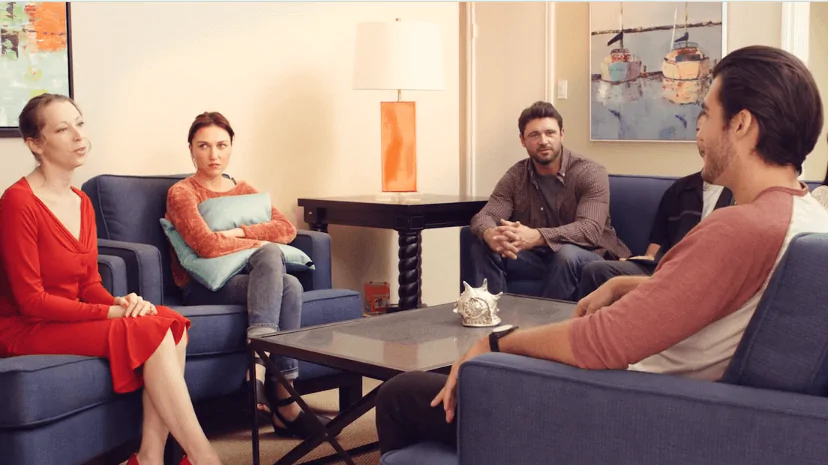24/7 Helpline:
(866) 899-221924/7 Helpline:
(866) 899-2219
Learn more about OCD Treatment centers in Watonga

Other Insurance Options

Highmark

Sutter

Sliding scale payment assistance

Health Choice

Group Health Incorporated

Amerigroup

Providence
Beacon

Medical Mutual of Ohio

BlueCross

WellPoint

PHCS Network

Holman Group

Access to Recovery (ATR) Voucher

American Behavioral

Multiplan

Kaiser Permanente

Humana

Lucent

Optima

Red Rock Behavioral Health Services
Red Rock Behavioral Health Services is a private rehab located in Watonga, Oklahoma. Red Rock Behavi...



YouthCare of Oklahoma
YouthCare of Oklahoma is an outpatient clinic that provides mental health and substance use treatmen...







































































